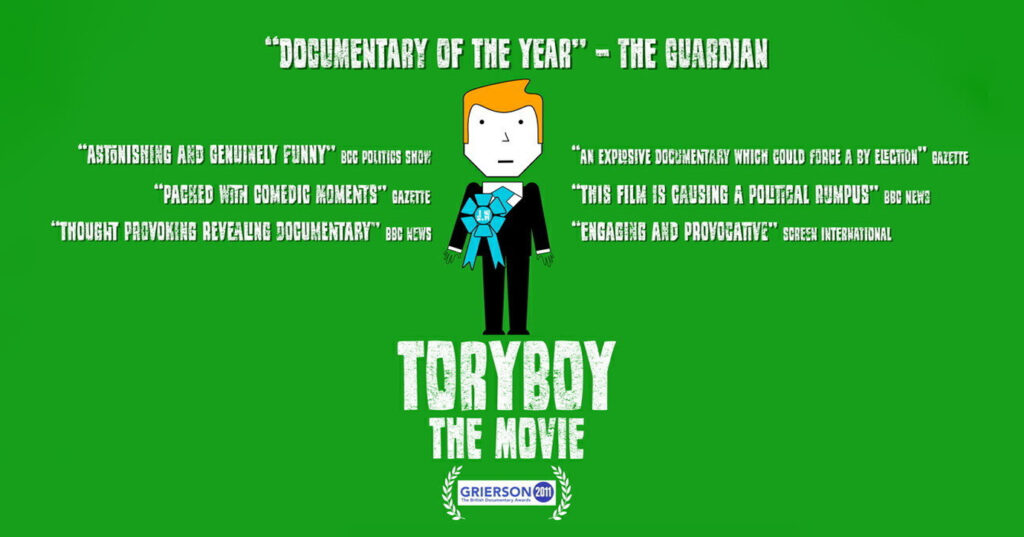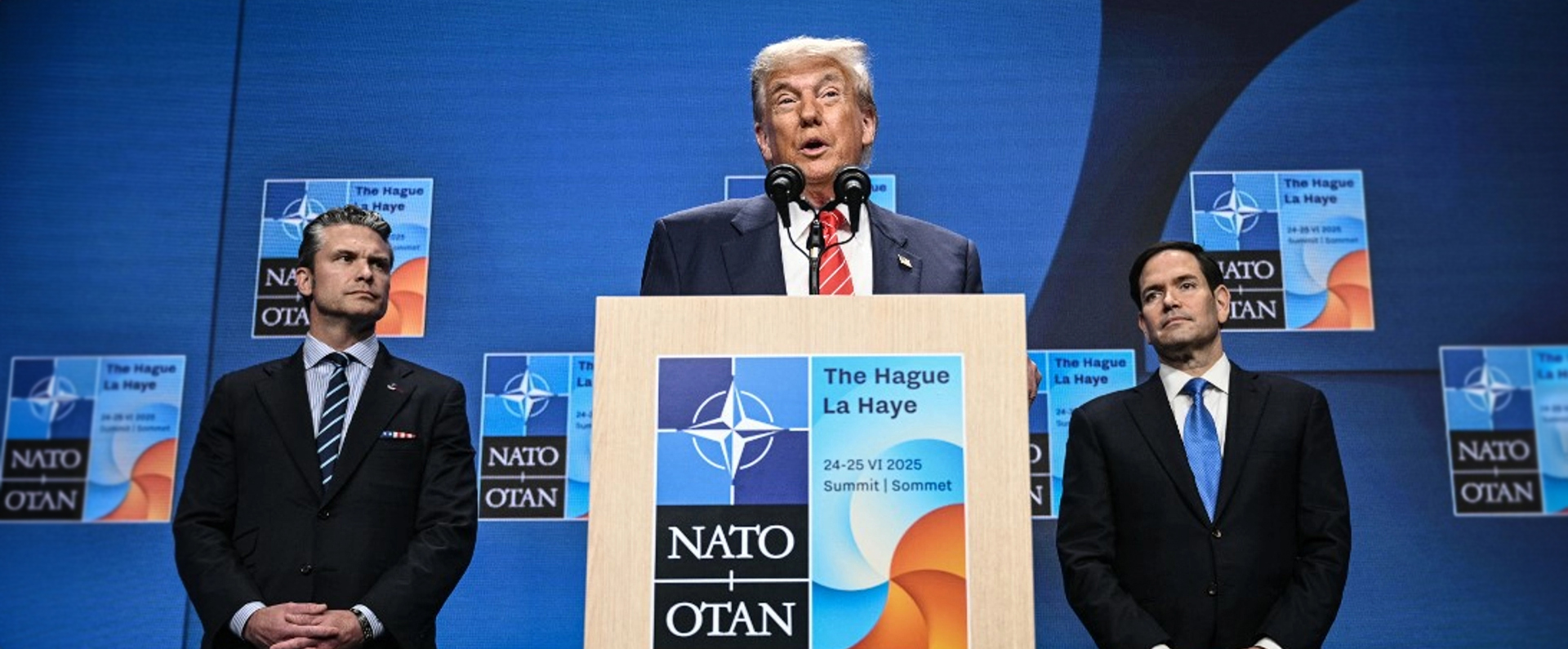
Today is the second anniversary of the last general election. For those who know how hard I find it to switch off from my passions – including politics – it will come as no surprise to learn how I decided to mark it: by watching a film on… the 2010 general election.
Toryboy: The Movie is, however, no run-of-the-mill political documentary: instead it is a quirky, witty, fast-moving, thought-provoking insight into how one unconventional Tory candidate fought an equally-unconventional campaign in a safe, northern Labour seat.
I’d defy anyone with an interest in politics not to enjoy John Walsh’s film, which he stars in, produces and directs. With one notable exception that is: Sir Stuart Bell, the Labour MP for Middlesbrough, will have found it decidedly uncomfortable viewing as the documentary brands him “arrogant”, “elusive” and negligent in his duties towards his constituents.
Actually, make that two people who wouldn’t enjoy the documentary. Despite coming from a working-class background and being a rock-solid Labour supporter until as recently as 2009, Mr Walsh brands Gordon Brown as “a ditherer”, “a twit”, “out of his depth” and “incompetent in the extreme”.
In Toryboy: The Movie, which uses clever animation and which was released last year, Mr Walsh describes himself as “an Irish Catholic boy from London” who has become disillusioned with the failings of the Labour Party. His film is a diary of ten bizarre months of his life starting in August 2009, with him going for “my first job interview in more than ten years”.
It is a successful, five-hour interview too: not only is he first chosen for the Conservative’s Parliamentary candidates’ list, but he is later then chosen to fight the Middlesbrough seat for the party despite being a film maker with little political experience.
Indeed Mr Walsh’s rise up the political ladder is so fast that at out point he says, tongue firmly in cheek: “At this rate, I will be Prime Minister by the end of the year.” All this despite, by his own admission, watching his box sets of Yes Minister and The Thick of Itfor much of his political knowledge.
His campaign is, however, anything but glamorous: he moves to a cramped flat above a shop in the heart of Middlesbrough and soon finds that Tory volunteers are few and far between. He predicts on camera that his first meeting to rally support might be attended by just a dozen people, In fact, he is over-optimistic: when his audience is exactly half that number, Mr Walsh cheerfully refers to his “small but dedicated” turn-out.
Mr Walsh is soon struck by how little the people of Middlesbrough have seen of their local MP, even though he is seeking to be elected for the seventh time. He makes it his mission to track down Sir Stuart but he is told that the Labour MP has held no surgeries for some 15 years, has no constituency office and is seldom at his constituency home.
There are some hugely amusing scenes as Mr Walsh goes around Middlesbrough with a giant photograph of Sir Stuart, yet for a long time no-one recognises him as their long-standing local MP. When rumours abound that the Labour MP has moved to Paris, Mr Walsh takes his search for Middleborough’s “Scarlet Pimpernel” to the the French capital, but again to no avail.
The film’s colourful language is not for the easily-offended and he finally concludes on camera simply, and somewhat childishly, that Sir Stuart “is such a shit”. At the local hustings, Mr Walsh embarks on a spur-of-the moment initiative to have the sitting MP “in prison by Christmas” because of his lack of presence in the town.
Yet despite the zany tone of the film, it also has a hard-hitting message which questions whether one MP in his safe seat, and perhaps other MPs in similar situations, do enough to justify their salary and expenses.
Sadly, this is a film without a happy ending. Come May 6, 2010, Sir Stuart clings on to power with 15,351 votes, albeit with a significantly reduced majority. Mr Walsh, however, comes a respectable third with 6,283 votes – and, at the count, he finally gets to set eyes the “invisible” Labour MP.
Perhaps these things are meant to be. If Mr Walsh had defied the odds to be elected as the Conservative MP for Middlesbrough, the House of Commons’ gain would, undoubtedly, have been film-making’s loss.
- Toryboy: The Movie can be purchased from iTunes for £9.99.



